Suspended Metro Tasmania services should be seen as ‘permanent cut’ until further clarity provided: Labor
The indefinite suspension of 180 public bus services in Greater Hobart should be seen as “permanent” until there is further clarity on when they are likely to be restored, Labor says.
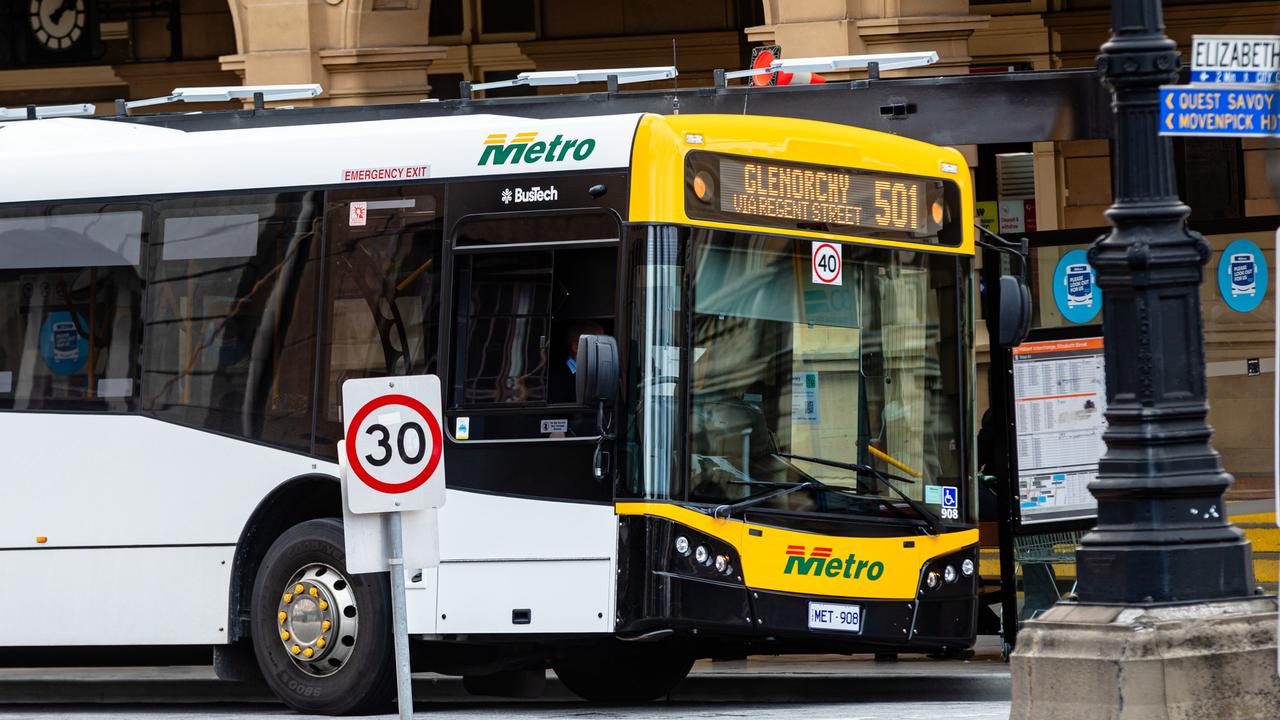
Metro Tasmania’s 180 suspended services should be seen as “a permanent cut” until the state government outlines a plan and a timeline to restore them, Opposition transport spokesman Josh Willie says.
The Labor MLC’s comments come after a Metro spokesman told the Mercury that the government business was still “a way off” from returning to full operating capacity and a review of its “temporary service adjustment” would be undertaken in March.
Metro has been beset by a national driver shortage and says while it has embarked on an aggressive recruitment campaign, new drivers require intensive training and experience once hired.
Mr Willie said the Rockliff government did not “prioritise” public transport and that the Liberals had “run Metro into the ground” since coming into office in 2014.
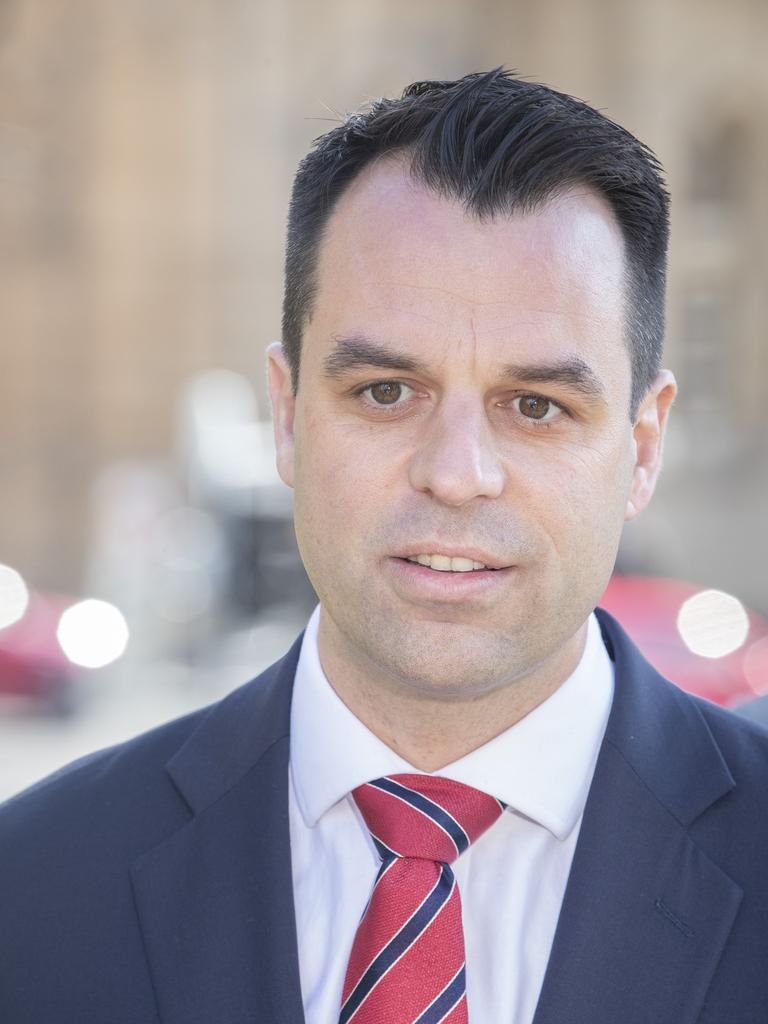
“All I’ve heard is tricky language from the government and the minister and until there is a plan and a timeline, a solid commitment to restore these services, it is a permanent cut,” he said.
“They cut 180 services last year, saying that would improve service reliability. But some days, we’re still seeing significant numbers of bus trips being dropped across the network.
“That means that there are Tasmanians standing on the bus stop, waiting for a bus that never comes. It means that there are school kids that are standing on the bus stop, trying to get to school, and the bus never comes. And that impacts their lives.”
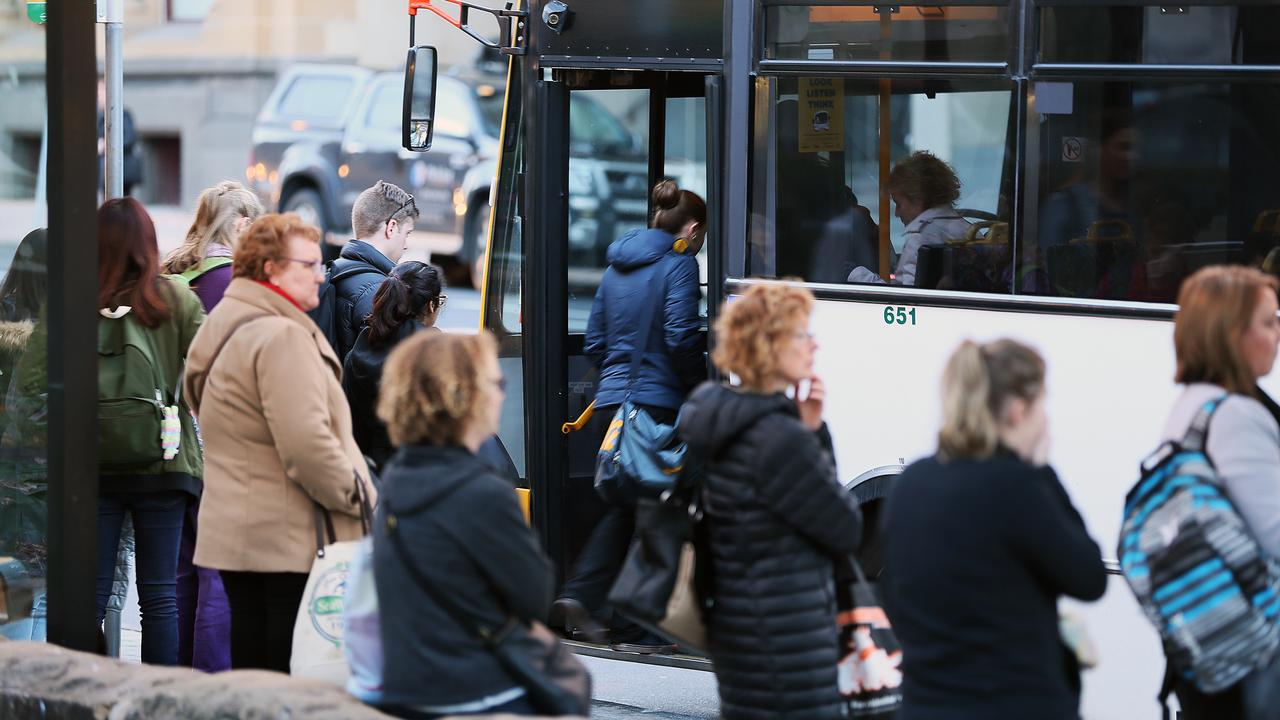
Tasmania’s per capita expenditure on public transport is the lowest of all states and territories, amounting to an average of $196 per person in 2019-20 compared to the Australian average of $614, according to data from the Commonwealth Grants Commission.
Transport Minister Michael Ferguson said the government’s $8.1m support package for Metro, announced last September, would help the government business fix its workforce shortage by giving drivers a $5000 pay rise, deploying transit officers to stamp out anti-social behaviour on buses, and installing safety screens to protect employees.
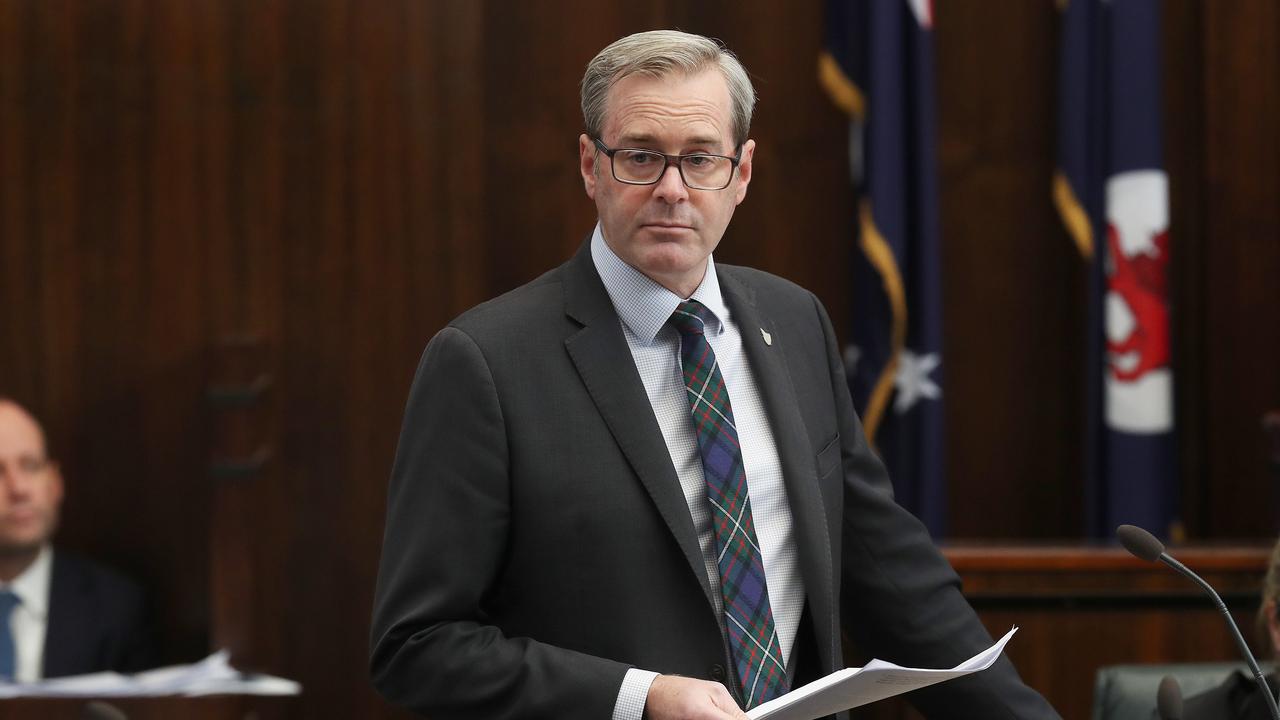
“These initiatives will provide the best assistance in overcoming [Metro’s] driver shortage, and we are delivering,” he said.
“Metro has said it will review the temporary service adjustments six months after they began in late August.
“I look forward to seeing this support package implemented and a step-change in the delivery of vital bus services to Tasmanian commuters.”
‘A way off’: Why scrapped Metro services won’t be restored any time soon
Metro Tasmania is still “a way off” from restoring its 180 suspended services amid an ongoing bus driver shortage, with the government business unable to say when exactly it will return to full capacity.
On August 28 last year, Metro indefinitely scrapped a swath of its less popular Greater Hobart services as it dealt with a lack of drivers – a problem, it said, that was afflicting the transport sector across the country.
Rail, Tram, and Bus Union Tasmanian branch secretary Byron Cubit said progress was being made towards resolving the issues plaguing Metro but there was still “a long way to go” before the situation was improved.
“We still have concerns … with workplace culture issues at Metro. At the moment, drivers can’t tell if Metro management is on their side,” he said.
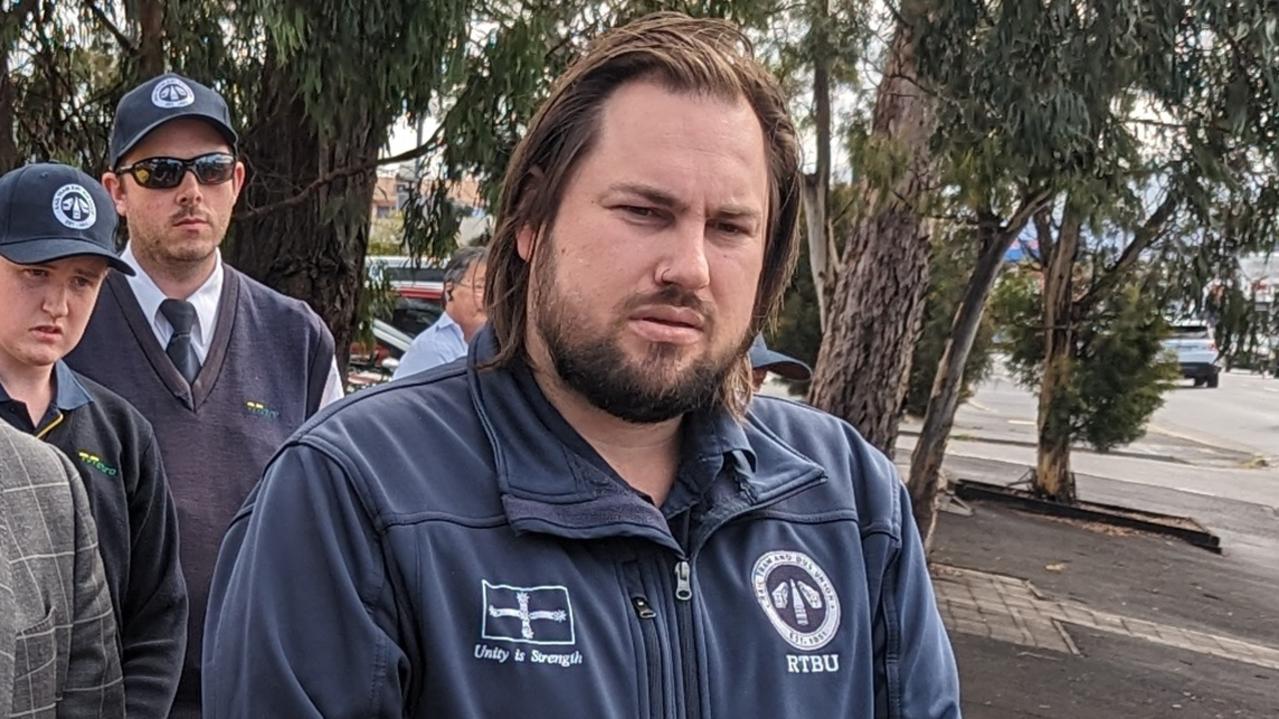
“If drivers don’t feel supported in the workplace, then they’re simply not going to hang around, and Metro won’t be able to restore the cancelled services.”
Mr Cubit said the three key issues behind the crisis at Metro were safety, pay, and workplace culture, and acknowledged that the state government’s promised pay rise for drivers had been delivered following negotiations with the union and Metro late last year.
“Driver safety is a work in progress. The transit officer trial program has been a positive, and we have worked constructively with Metro on the ‘It’s Not OK’ [anti-social behaviour] awareness campaign,” he said.
Transit officers, who have the job of policing aggressive or offensive behaviour on buses, are expected to be rolled out more widely after the government funded an expansion of the program, as well as additional security screens to protect drivers.
A Metro spokesman said the company’s recruitment drive was progressing well and its next intake of new drivers would begin later in January, with further intakes set for April and June.
“The temporary service adjustment, implemented in 2023, continues as planned. Metro will conduct a planned review of this in March 2024,” he said.
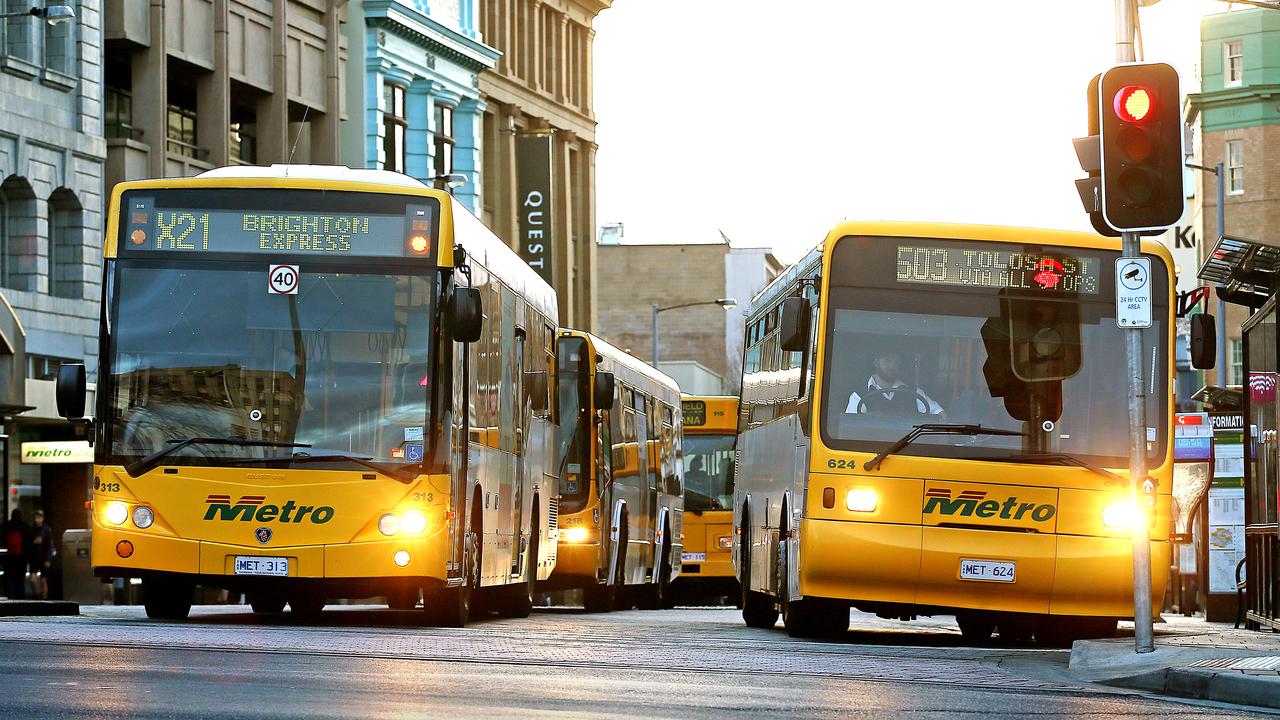
“The adjustment allows our customers more certainty when planning their bus travel and reduces the need for unscheduled dropped services each day.”
The spokesman conceded that there were still “unplanned dropped trips occasionally” due to “staff sickness or unplanned circumstances”.
“The business is currently operating at around 85 per cent of our desired capacity,” he said.
“While we are pleased with current interest and new recruits joining the business, Metro is still a way off from our full operating capacity, taking into account the required intensive training and on-road experience that our drivers need once hired.”
Crystal Dalwood, 19, of Claremont, catches the bus to and from work in the city about five times a week.
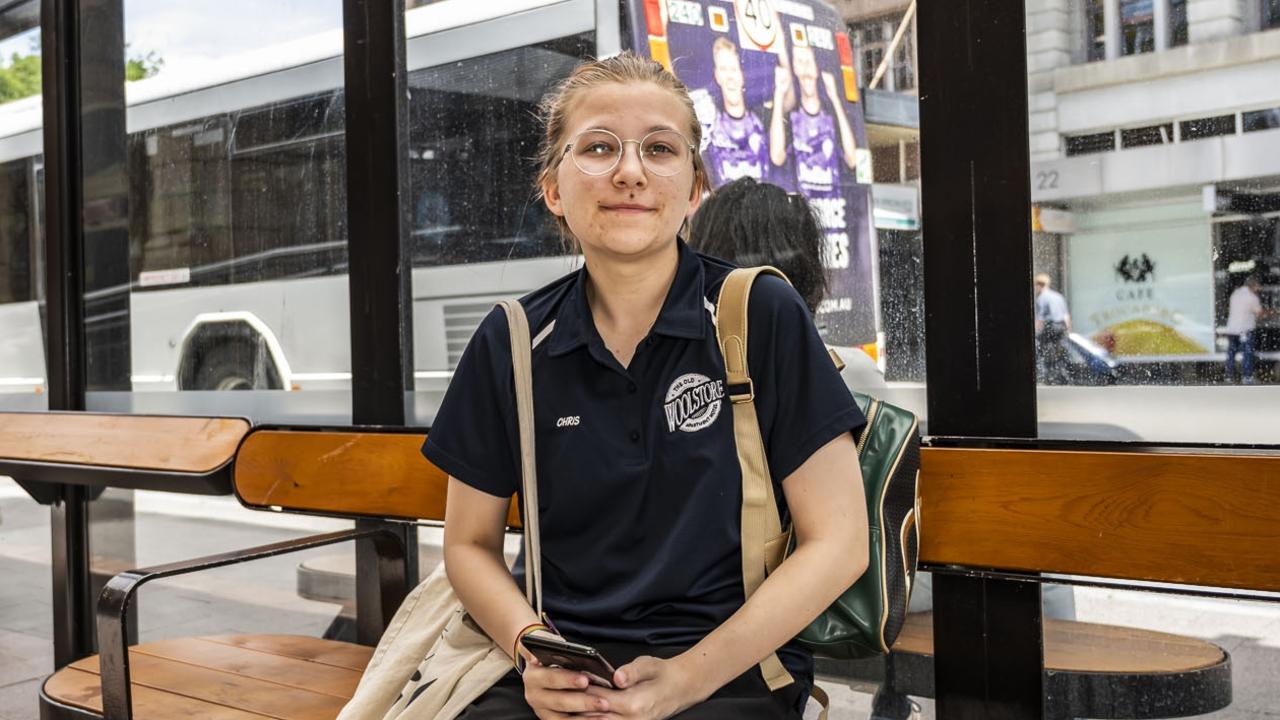
She said her experience using public transport in Hobart was generally hassle-free.
“The buses are usually on time,” Ms Dalwood said. “Sometimes they can be 5-10 minutes late but that doesn’t happen very often for me.”
She said she generally enjoyed her time on the bus, however, on Friday, a group of girls were being “really rude” to other passengers.
“[They were] throwing things and squirting people with water,” she said.
“Sometimes people are rude to the drivers but I don’t see that very often.”
Steven Burgess, a transport planner and urban strategist who is the director of city-making consultancy Complete Streets, said he was confident Metro would return to full strength, noting that its bottom line had been decimated by the pandemic.
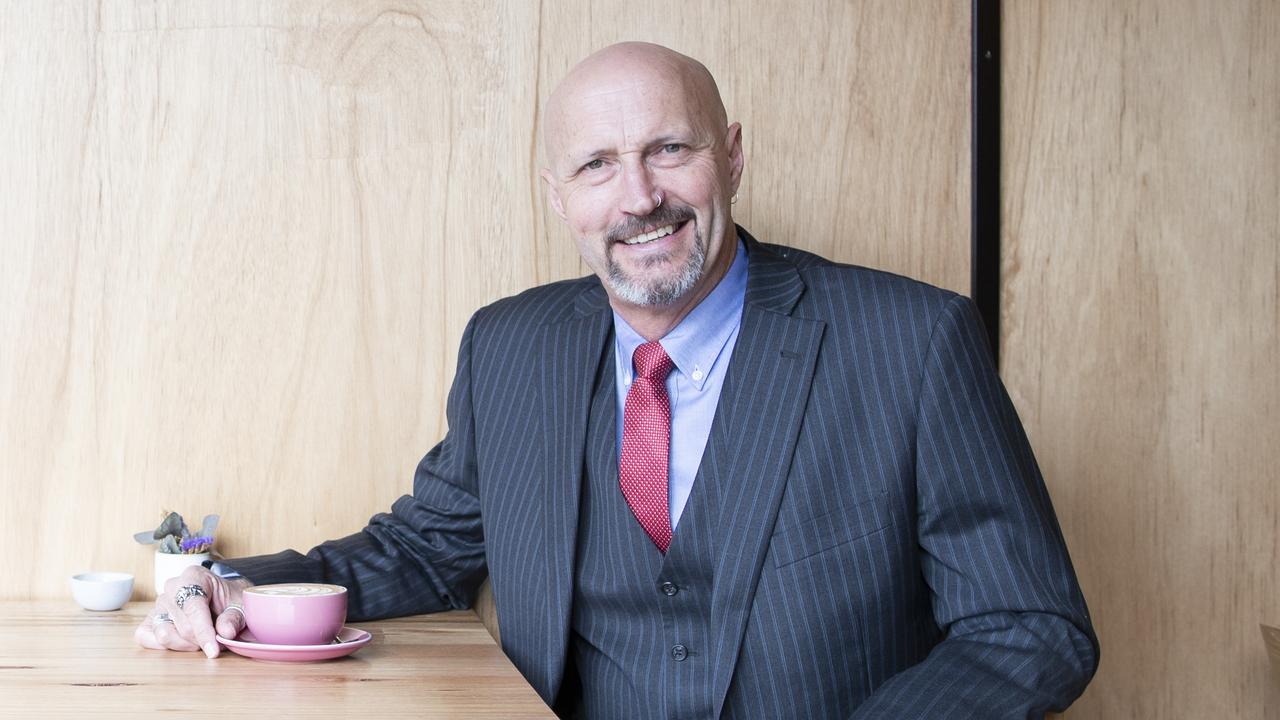
Mr Burgess said rapid bus transit – or “rocket routes” – would be a boon for Greater Hobart and would give people an incentive to use public transport.
“It doesn’t necessarily need much more money, it just needs a new, modern, up-to-date network,” he said.
The state government plans to establish rapid bus services on Hobart’s northern, southern and eastern road corridors over the course of the next decade.





